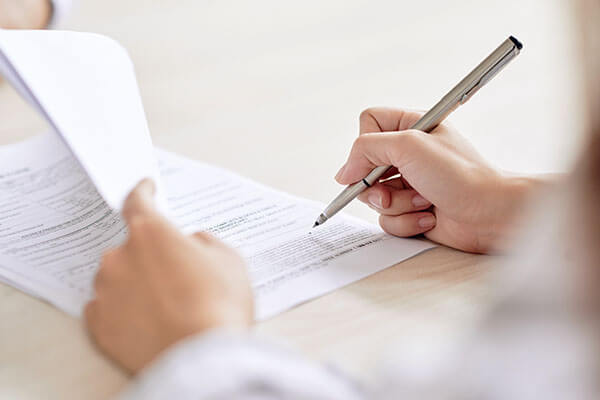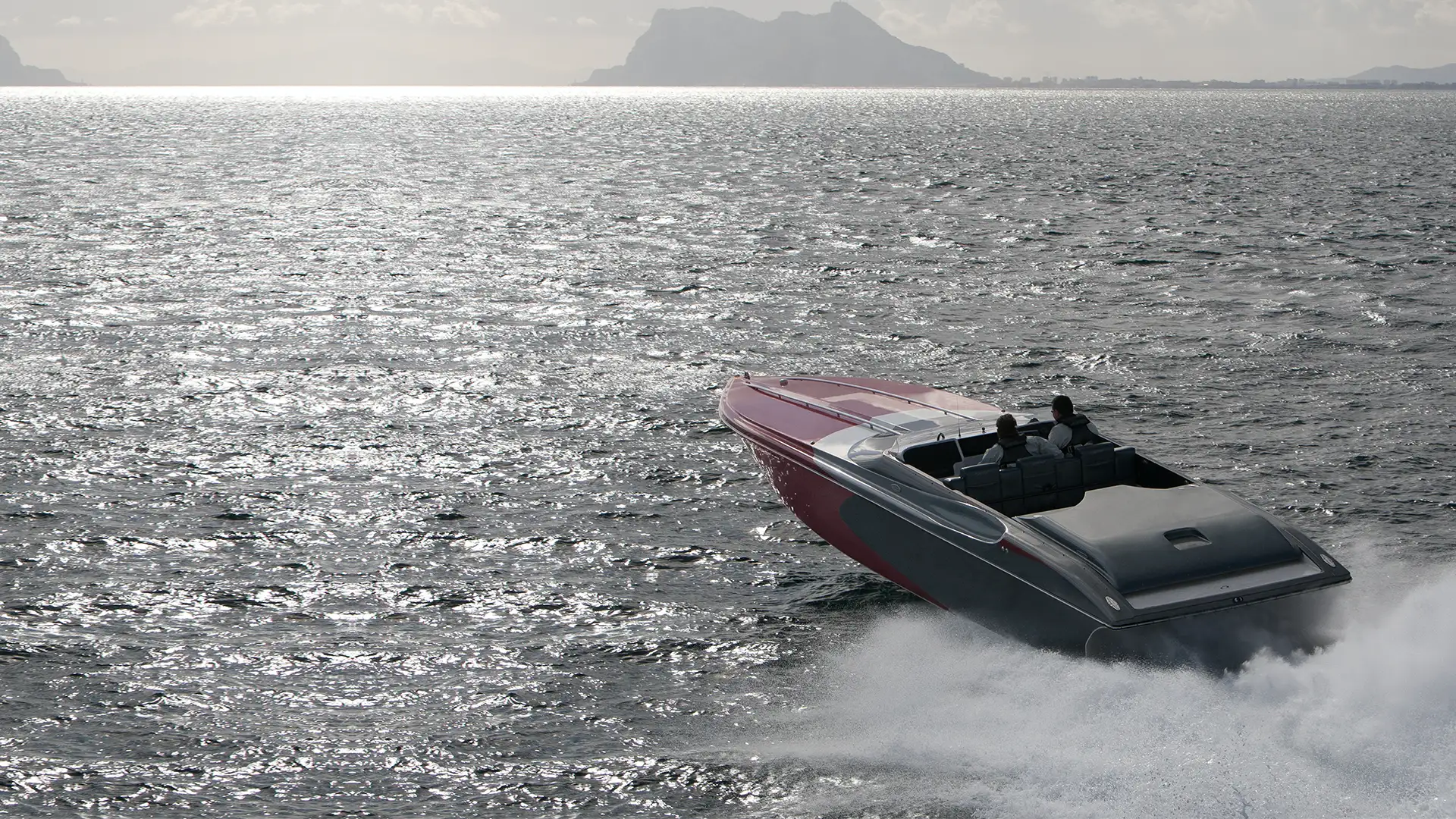
Your Case is Our Cause
Leading Personal Injury Lawyers For Boating Accidents
Boating enthusiasts and maritime adventurers cherish the serenity of the open water, but when accidents occur, the consequences can be both physically and financially devastating. Our seasoned team of personal injury attorneys is here to provide you with the expert guidance and unwavering support you need to seek justice and recover the compensation you deserve.
With a proven track record in handling a wide range of personal injury cases, we are dedicated to helping you chart a course toward a brighter and more secure future.


With over 100 years of combined trial experience, the team at Schiffman Firm is dedicated to helping our clients seek the results they deserve. If you or someone you care about was injured in a boating or bowrider accident contact us today for a free consultation.
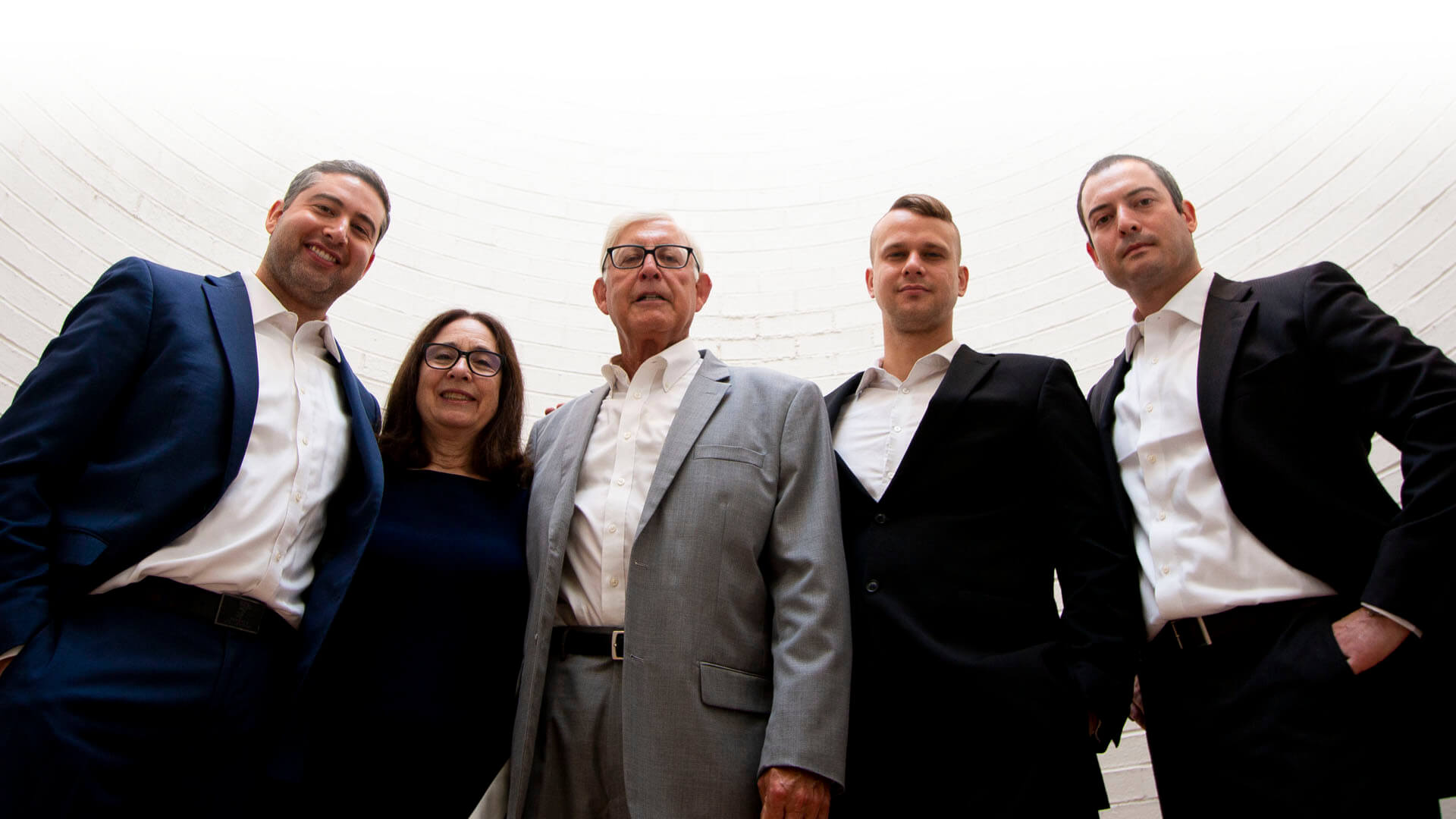
Start Your Free Consultation
Boating and Bowrider Injuries Resource Center
What Can We Help You With?
Collisions, Capsizing, Fires
What are the most common types of boating accidents?
Boating accidents can vary in nature and severity, but some of the most common types of boating accidents include:
- Collisions: Collisions with other boats, objects in the water, or fixed structures like docks are among the most common boating accidents. These accidents can result from operator error, impaired visibility, or navigational issues.
- Capsizing: Capsizing occurs when a boat overturns or flips over, often due to imbalanced weight distribution, rough waters, or operator inexperience. It can lead to injuries or drowning.
- Groundings: Boats can run aground when they come into contact with the bottom of a body of water. This typically happens in shallow areas, during low tide, or when operators fail to follow navigational charts.
- Flooding/Swamping: Flooding or swamping incidents happen when water enters the boat, either due to rough weather, large waves, or a failure in the vessel’s integrity. This can lead to sinking or loss of control.
- Ejections: Passengers or occupants may be ejected from the boat, especially during high-speed maneuvers or accidents. This can result in injuries, including being struck by the boat’s propeller.
- Fires and Explosions: Fires and explosions can occur on boats due to fuel leaks, electrical faults, or improper storage of flammable materials. These accidents can be particularly dangerous.
- Carbon Monoxide Poisoning: Boats with enclosed cabins or inadequate ventilation can accumulate carbon monoxide (CO) gas, leading to poisoning if passengers or crew are exposed to it for an extended period.
- Overcrowding: Overloading a boat with too many passengers or exceeding its weight capacity can affect stability and buoyancy, increasing the risk of accidents like capsizing or swamping.
- Alcohol-Related Incidents: Boating under the influence of alcohol or drugs impairs a operator’s judgment and reaction time, leading to a higher likelihood of accidents.
- Recreational Water Activities: Accidents can occur during water sports like tubing, water skiing, wakeboarding, or jet skiing when safety precautions are not followed, or operators are inexperienced.
- Weather-Related Incidents: Adverse weather conditions, such as storms, strong winds, and fog, can lead to accidents, especially when operators fail to respond appropriately or navigate safely.
- Mechanical Failures: Malfunctions or failures of a boat’s mechanical systems, including the engine, steering, or propellers, can result in accidents or loss of control.
- Defective Boats or Boating Equipment: Like any other type of consumer product, boats can be susceptible to manufacturer defects. Defective products of any type can cause catastrophic harm to users and innocent bystanders.
It’s crucial for boaters to prioritize safety, follow boating regulations, and receive proper training to minimize the risk of these common accidents and ensure a safe and enjoyable boating experience.
Additionally, seeking legal counsel from a knowledgeable pesonal injury attorney can be essential if you are involved in a boating accident to protect your rights and interests.
Drowning, Head Injuries, Lacerations
What are the common injuries associated with boating accidents?
Boating accidents can lead to a wide range of injuries, some of which can be quite severe. The most common types of boating accident injuries include:
- Drowning: Drowning is one of the most serious and tragic outcomes of boating accidents. It can result from capsizing, falling overboard, or being trapped in a submerged vessel.
- Head Injuries: Head injuries, including traumatic brain injuries (TBIs), can occur when passengers are thrown about during a collision, ejected from the boat, or struck by objects on board.
- Lacerations and Contusions: Lacerations (cuts) and contusions (bruises) can result from contact with sharp objects, collisions, or falling on the boat’s deck. These injuries can range from minor to severe.
- Fractures and Dislocations: The impact of a collision or a fall can lead to broken bones (fractures) and joint dislocations, often affecting the limbs, ribs, or spine.
- Sprains and Strains: Muscular injuries, such as sprains and strains, can occur due to sudden movements, falls, or overexertion while participating in water sports.
- Burns: Burn injuries can happen in boating accidents involving fires or explosions, especially if there are fuel leaks or faulty electrical systems on board.
- Hypothermia: Exposure to cold water, particularly in colder climates, can lead to hypothermia, a dangerous condition where the body loses heat faster than it can produce it.
- Carbon Monoxide Poisoning: Exposure to carbon monoxide (CO) gas, which can accumulate in enclosed boat cabins or poorly ventilated areas, can lead to symptoms ranging from nausea and dizziness to loss of consciousness.
- Spinal Cord Injuries: Serious boating accidents can result in spinal cord injuries, which can lead to paralysis or long-term disability.
- Internal Injuries: Internal injuries to organs, such as the liver, kidneys, or lungs, can occur due to the force of impact in a boating accident.
- Eye Injuries: Debris, splashes, or collisions can cause eye injuries, including corneal abrasions, foreign object injuries, or more severe damage.
- Emotional Trauma: Boating accidents can also cause emotional trauma, including post-traumatic stress disorder (PTSD), anxiety, and depression, especially for survivors of traumatic incidents.
It’s important to note that the severity of these injuries can vary widely, from minor cuts and bruises to life-threatening conditions. Boaters should prioritize safety by wearing appropriate safety gear, following boating regulations, and taking precautions to reduce the risk of accidents. In the event of an accident, seeking immediate medical attention is essential to assess and address any injuries promptly. Additionally, consulting with legal professionals may be necessary to address any liability and seek compensation for injuries sustained in a boating accident.
Pontoons, Bowrider, Sailboats
What are the most common types of consumer boats?
Consumer boats come in various shapes and sizes, designed for different recreational purposes. The most common types of consumer boats include:
- Pontoon Boats: Pontoon boats are known for their stability and spacious deck areas. They are great for leisurely cruising, entertaining friends and family, and often feature comfortable seating and amenities like a small kitchen or a bathroom.
- Bowrider Boats: Bowrider boats are popular for water sports and recreational cruising. They have an open bow area with seating and a spacious cockpit, making them suitable for towing water skiers, wakeboarders, or tubes.
- Center Console Boats: Center console boats are versatile vessels often used for fishing and water sports. They have a central steering console, unobstructed deck space, and are well-suited for offshore or inshore fishing.
- Ski Boats: Ski boats, also known as wakeboard boats, are designed specifically for towing water skiers and wakeboarders. They typically have powerful engines, a specialized hull for creating wake, and tow pylon or tower.
- Sailboats: Sailboats come in various sizes and configurations, from small dinghies to larger cruising sailboats. They rely on wind power and are popular for sailing enthusiasts and those seeking a more eco-friendly boating experience.
- Cabin Cruisers: Cabin cruisers are larger boats with overnight accommodations, including sleeping quarters, a kitchen, and a bathroom. They are suitable for weekend getaways or longer cruises.
- Fishing Boats: Fishing boats encompass a wide range of designs, including bass boats for freshwater fishing, offshore sportfishing boats for deep-sea fishing, and more specialized vessels like skiffs and jon boats.
- Personal Watercraft (PWC): PWC, often known by brand names like Jet Ski (Kawasaki) or WaveRunner (Yamaha), are small, maneuverable vessels designed for one to three riders. They’re ideal for fast-paced water recreation.
- Inflatable Boats: Inflatable boats are lightweight, portable, and often used as tenders for larger vessels or for activities like river rafting and fishing in remote locations.
- Kayaks and Canoes: While not traditional motorized boats, kayaks and canoes are popular for paddling enthusiasts. They’re great for exploring calm waters, rivers, and lakes.
- Deck Boats: Deck boats are similar to pontoon boats but have a V-shaped hull for better performance. They offer plenty of seating space and are suitable for watersports and family outings.
- Dinghies: Dinghies are small, often rowed or powered by a small outboard motor, and serve as tenders to transport passengers and supplies to and from larger vessels.
- Catamarans: Catamarans have two parallel hulls, providing stability and ample deck space. They are used for a variety of purposes, from sailing to cruising to chartering.
- Yachts: Yachts are luxurious, large vessels often associated with wealth and opulence. They come in various sizes, with many featuring multiple cabins, entertainment areas, and crew quarters.
These are just some of the common types of consumer boats, and within each category, there are numerous models and variations to suit different preferences and needs. The choice of a boat depends on factors like the intended use, budget, size requirements, and personal preferences of the boat owner.
How many boating accidents are there per year?
The number of boating accidents per year can vary from year to year and by region, depending on factors such as the number of registered boats, weather conditions, safety regulations, and boater behavior. In the United States, for example, the U.S. Coast Guard compiles data on boating accidents through the Boating Safety Division.
According to the 2022 Recreational Boating Statistics distributed by the U.S. Coast Guard 2022 say over 4,000 boating-related accidents that involved nearly 700 deaths and over 2,000 injuries.
The report shows that collisions were the most frequent first event in accidents, attributing to 55% of accidents, 21% of deaths, and 53% of injuries.
Frequently Asked Questions
What Do I Do If I Get Hurt?
If you’re injured in a boating accident, it’s crucial to take immediate steps to ensure your safety and protect your legal rights. Here’s what you should do:
- Seek Medical Attention: Your health and well-being should be your top priority. If you or anyone else on the boat is injured, seek medical attention as soon as possible. Even seemingly minor injuries can have hidden complications, so it’s essential to get a professional evaluation.
- Report the Accident: Report the boating accident to the relevant authorities, such as the Coast Guard or local law enforcement, depending on where the accident occurred. In some jurisdictions, you may be required by law to report the incident.
- Exchange Information: If it’s safe to do so, exchange information with the other parties involved in the accident. This includes the boat operator’s name, contact information, insurance details, and boat registration information.
- Document the Scene: If possible, document the accident scene by taking photographs or videos. Capture any damage to the boats, injuries, the position of the boats, and any relevant landmarks or buoys. This evidence can be valuable in legal proceedings.
- Collect Witness Information: If there were witnesses to the accident, obtain their contact information. Their statements may be crucial in determining fault and liability.
- Follow Medical Advice: If you receive medical treatment or are advised by a healthcare professional to follow specific instructions or undergo further examinations or treatment, make sure to comply with their recommendations. Keep detailed records of your medical treatment and expenses.
- Consult an Attorney: Consider consulting with a personal injury attorney. They can help you understand your legal rights, assess liability, and guide you through the process of pursuing a personal injury claim if necessary.
- Preserve Evidence: Preserve any evidence related to the accident, such as medical records, correspondence with insurance companies, repair estimates, and any communication with the other parties involved. This documentation can be crucial in building your case.
- Report to Authorities: Depending on the severity of the accident, you may be required to file a formal accident report with the appropriate state or federal authorities. Your attorney can help you with this process.
Remember that every boating accident is unique, and the steps you need to take may vary depending on the circumstances. Consulting with a qualified personal injury attorney is often advisable to ensure you understand your legal options and receive appropriate guidance throughout the process.
Legal Services in Pittsburgh, Pennsylvania
What Can Our Team Help You With Today?
From personal injury to product liability - Schiffman Firm has the legal expertise and experience to take on a wide variety of cases with a proven track record of delivering results for their clients.
Our attorneys are always ready to listen to your case. Contact us today for a free review of your case - you don't pay anything for our legal services unless you win your case.

Personal Injury
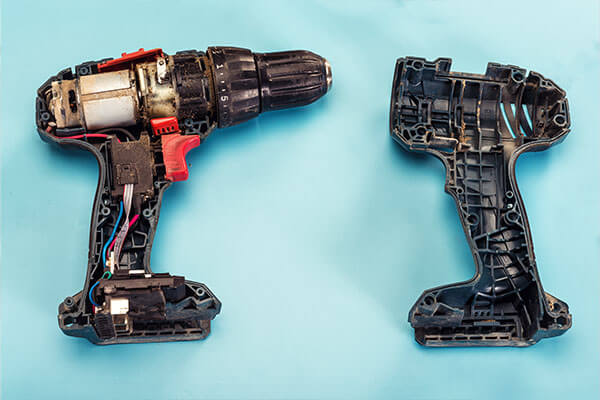
Defective and Dangerous ProdUCTS
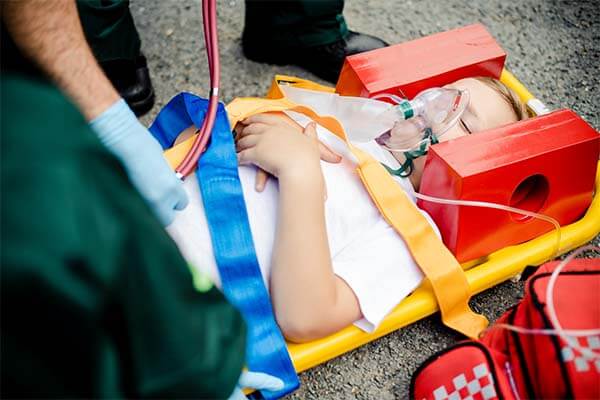
Infant and Child Injuries
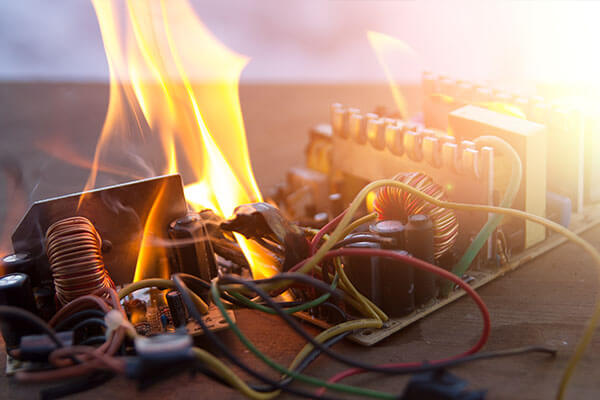
Burns and Hazardous Material Injuries

Brain and Spinal Cord Injuries
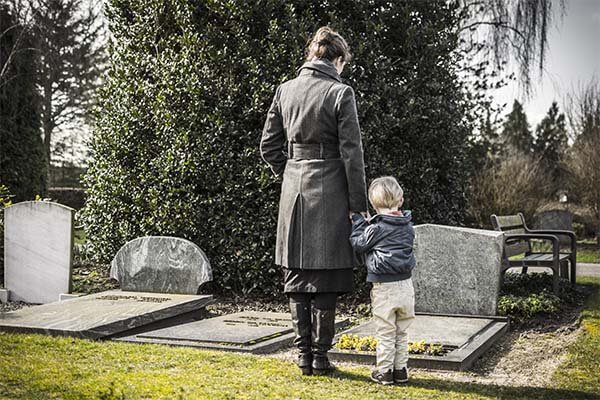
Wrongful and Accidental Deaths
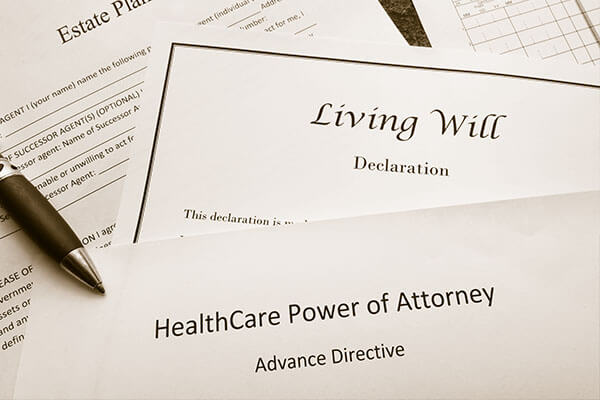
Estates, Wills, and Trusts

Workers' Compensation
